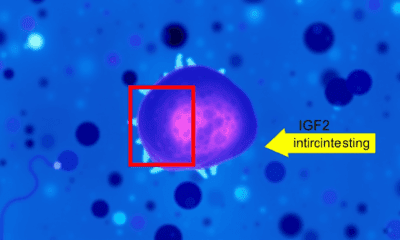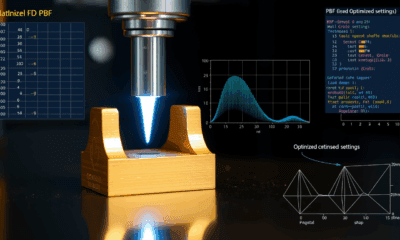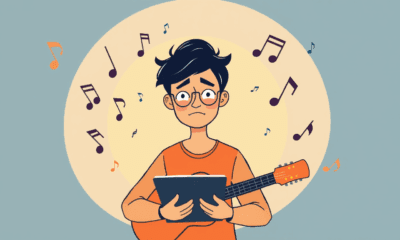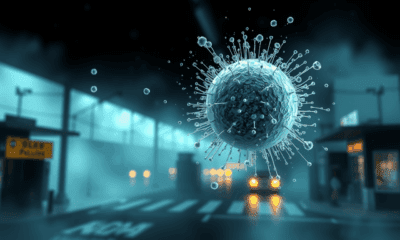

A biobank for pediatric kidney tumors plays a key role in identifying hereditary causes of Wilms tumors. New insights gained with its help enable better risk...


When formulating climate policy, too little attention is paid to social factors and too much to technological breakthroughs and economic reasons. Because citizens are hardly heard...


A new study suggests that boys who become overweight in their early teens risk damaging the genes of their future children, increasing their chances of developing...


New technology that uses light's color and spin to display multiple images.


Laser-based metal processing enables the automated and precise production of complex components, whether for the automotive industry or for medicine. However, conventional methods require time- and...


Researchers conducted a systematic review of 99 scientific publications that compared the flora or fauna of old-growth forests, managed forests and clearcut sites in boreal Europe....


A new study has found that a smartphone app that tracks household water use and alerts users to leaks or excessive consumption offers a promising tool...


A research team has discovered ferroelectric phenomena occurring at a subatomic scale in the natural mineral Brownmillerite.


A team analyzed a range of YouTube videos that focused on learning music by ear and identified four simple ways music learning technology can better aid...


A pioneering method to simulate how microscopic particles move through the air could boost efforts to combat air pollution, a study suggests.